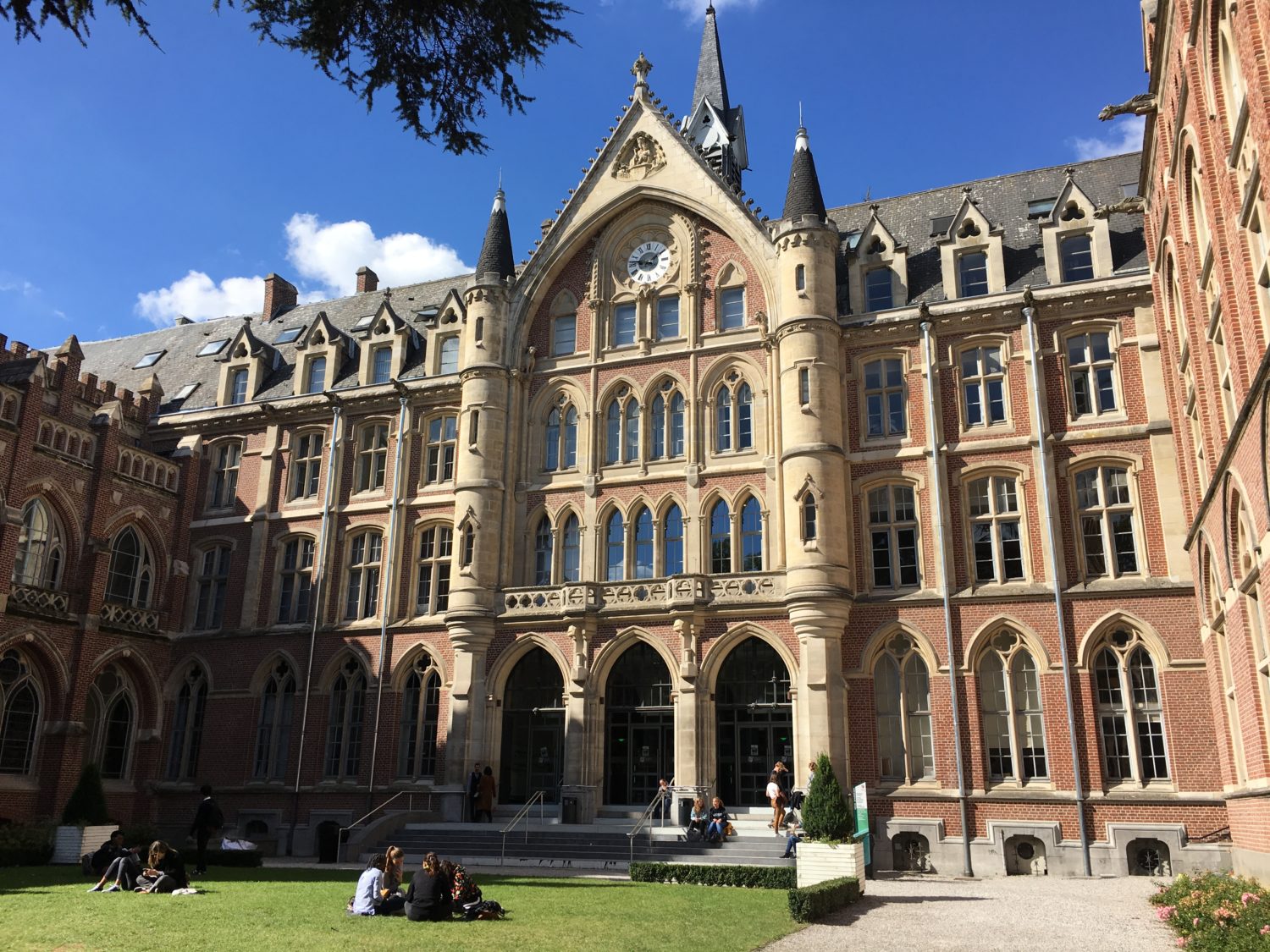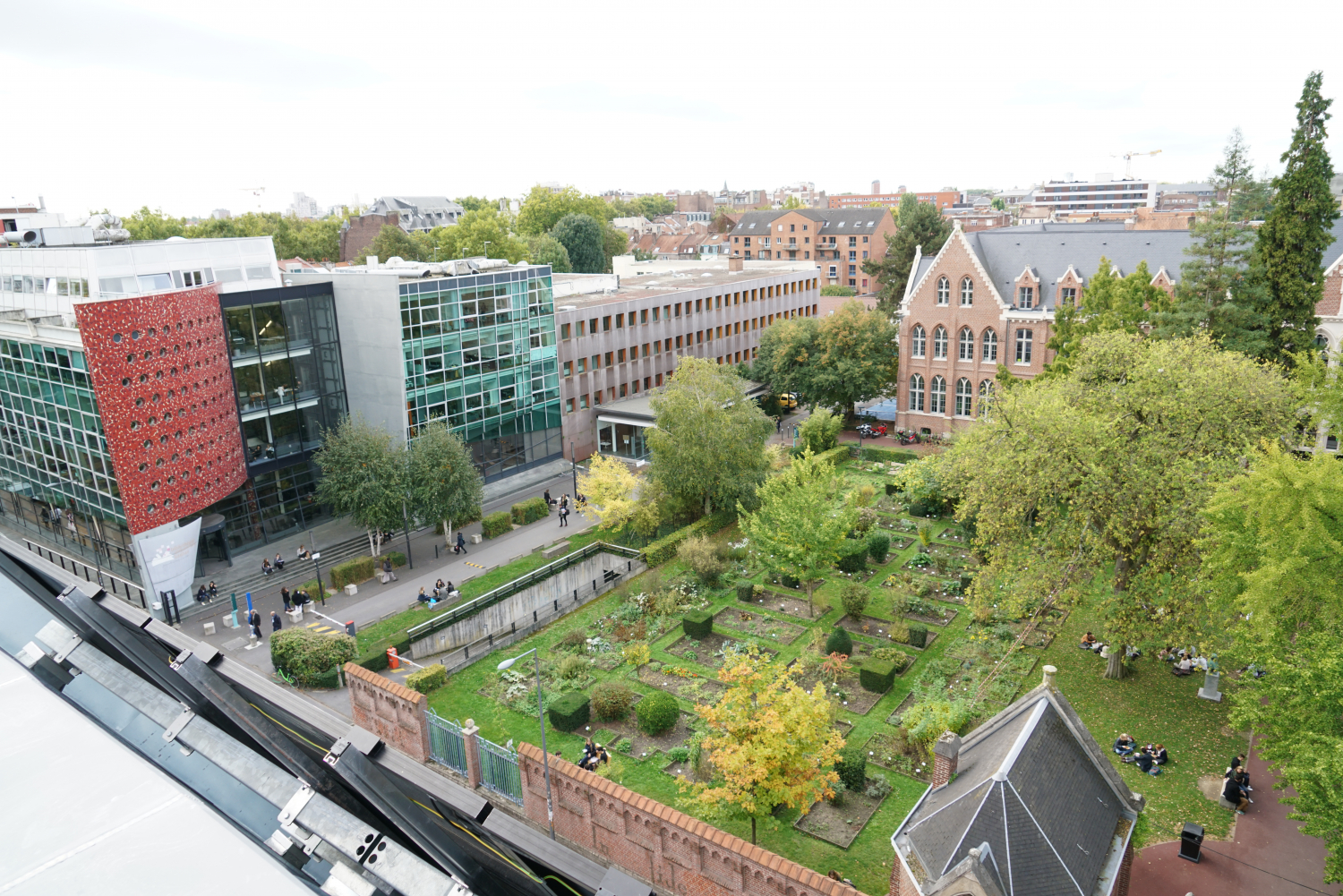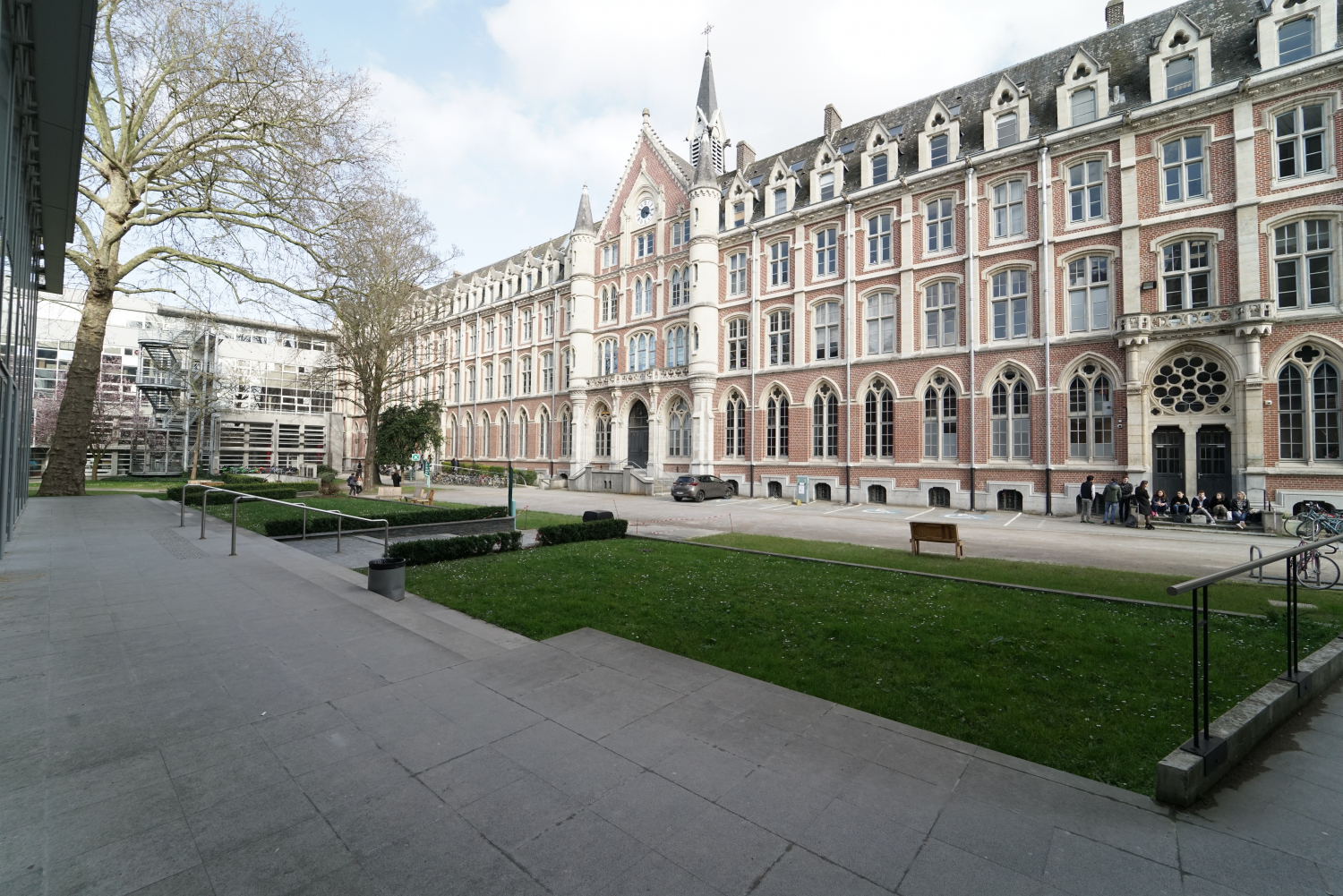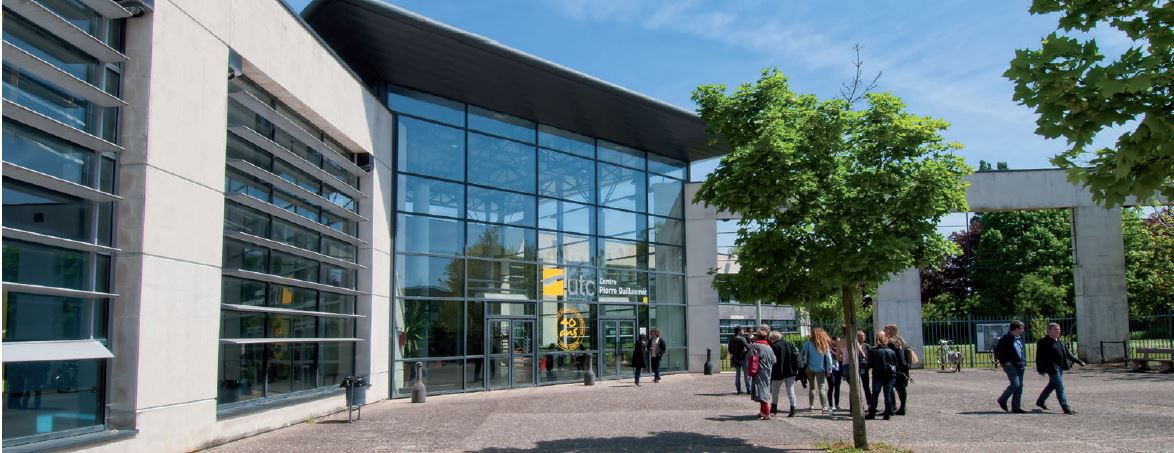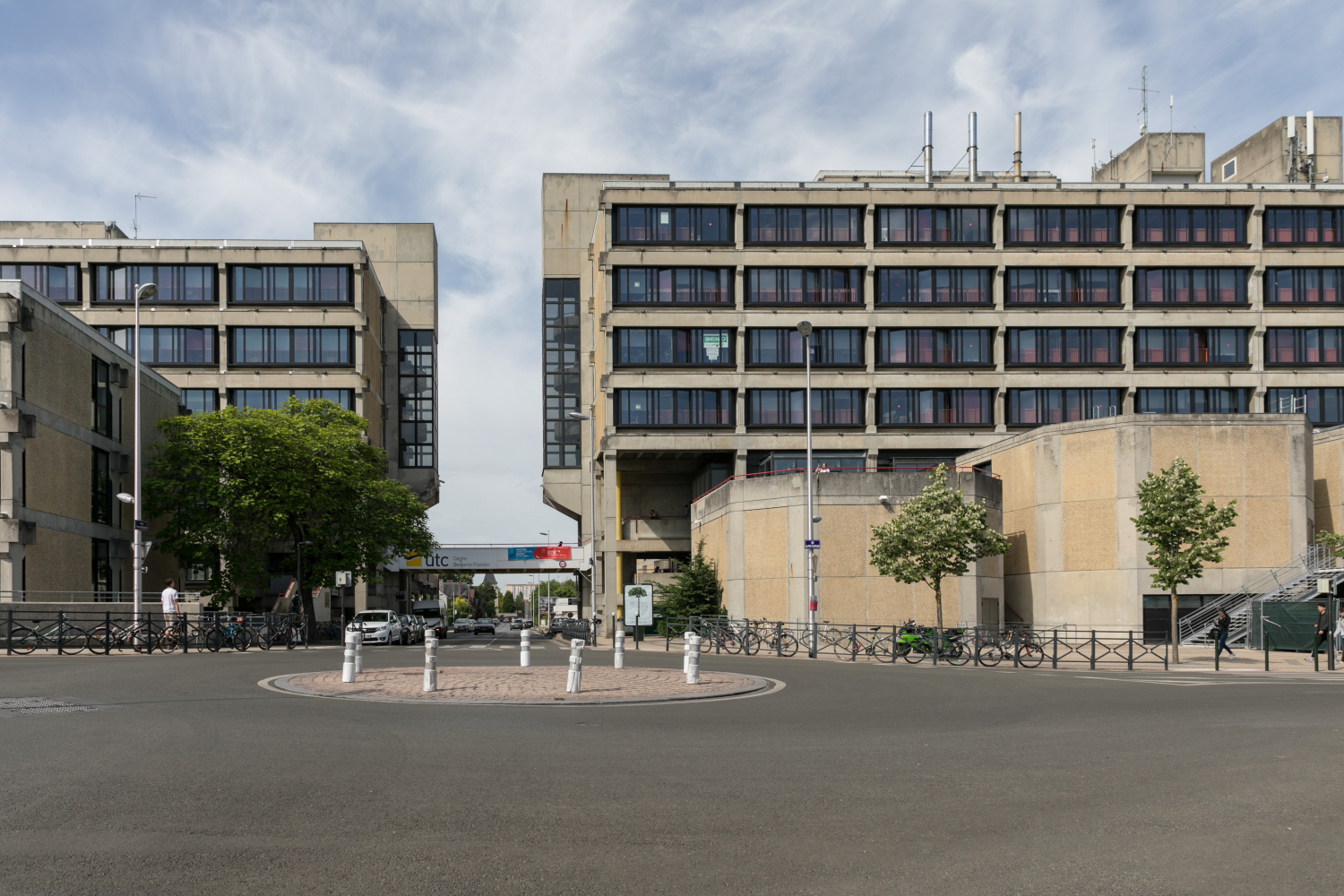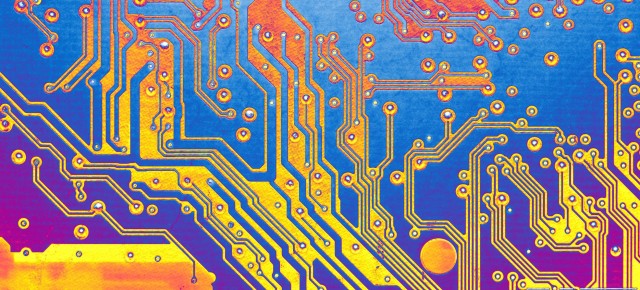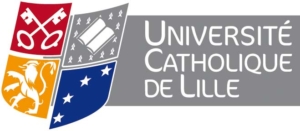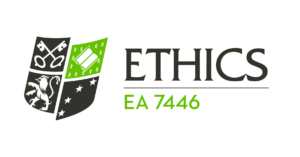————————————————-
Please visit the new website of SPT 2021
at : https://www.2021spt.com
————————————————-
Due to the disruption of COVID-19 the SPT 2021 Technological Imaginaries Conference, 28-30 June 2021, has been re-imagined into an online event. Presenters will upload their pre-recorded video (see HERE for instructions) that are less than 20 minutes in length by June 18th. During the parallel sessions each presenter will be introduced, their video will be viewed, and then there will time for a live discussion in the time remaining. For a standard 4-person panel, each participant will have a total of 30 minutes. The videos will not be available to the other participants until after the scheduled presentation time. Then, the video will be available—to registered participants only—for up to three months after the conference. Anyone not wishing their video to be available in this manner should send their request to 2021spt@univ-catholille.fr. Three months after the conference the videos will be deleted. Each participant is welcome to share and host their own videos on their own web site.
There will also be two 45-minute breakout sessions that will allow conference attendees a more informal chance to meet and discuss about specific topics, as well as seven Meet-the-Professor sessions. In addition, we are very fortunate to have six fantastic keynote presenters, two of which—Deborah Johnson and Carl Mitcham—are being honored for their career contribution. The other four are Bernadette Bensaude-Vincent, Sheila Jasanoff, Judith Sutz, and Pieter Vermaas (who is giving the SPT Presidential address). The conference will end with an awards ceremony, which amongst other things will introduce the next president (Inmaculada) as well as the host for the 2023 conference.
The updated conference structure will provide :
- Reduced conference registration fee
- An increase of accessibility
- Engaging keynote guest presentations with Sheila Jasanoff, Bernadette Bensaude-Vincent, Pieter Vermaas, and Judith Sutz
- Later daily starts to help accommodate researchers wherever their geographic localization
- The general presentation outline is 15-minute talk with 10 minutes of Q&A
- An “à la carte” ability to easily attend the next presentation in a different virtual room
- The ability to experience missed presentations (via temporary access to recordings)
- Breakout rooms for networking, mentoring, socializing, workshops, etc.
- A lower carbon footprint
COMMITTEES
Organizing committee
- Emanuele CLARIZIO, UCLille
- David DOAT, UCLille
- Xavier GUCHET, UTC Compiègne
- Richard LEWIS, UCLille
- Alain LOUTE, UCLille
Program committee
Sabine AMMON (TU Berlin), Inmaculada DE MELO-MARTIN (Cornell University), David DOAT (UCLille), Richard LEWIS (UCLille), Alberto ROMELE (University of Tübingen), Shannon VALLOR (The University of Edinburgh), Pieter VERMAAS (TU Delft), Naoe KIYOTAKA (Tohoku University)
Scientific committee
Anne ALOMBERT (UCLille), Sabine AMMON (TU Berlin), Adeline BARBIN (Université Paris 1 Panthéon-Sorbonne), Bernadette BENSAUDE-VINCENT (Sorbonne University), Federica BUONGIORNO (TU Dresden), Emanuele CLARIZIO (UCLille), Mark COECKELBERGH (University of Vienna), Cléo COLLOMB (Paris-Saclay University), Darryl CRESSMAN (Maastricht University), Lucie DALIBERT (Université Claude Bernard Lyon 1), Christelle DIDIER (University of Lille), David DOAT (UCLille), Gabriel DORTHE (IASS Potsdam – Harvard STS), Irene BORGES DUARTE (University of Evora), Maurizio FERRARIS (University of Turin), Jean-Yves GOFFI (Université Grenoble-Alpes), Valentine GOURINAT (Université de Strasbourg), Nathalie GRANDJEAN (Université de Namur), Xavier GUCHET (UTC Compiègne), Carole GUESSE (Université de Liège, Belgique), Susanne HAHN (Heinrich Heine University Düsseldorf), Julie JEBEILE (University of Bern), Eric KERR (National University of Singapore), Esther KEYMOLEN (Tilburg University), Naoe KIYOTAKA (Tohoku University), Pieter LEMMENS (Radboud University), Richard LEWIS (UCLille), Sacha LOEVE (University of Lyon 3), Janina LOH (University of Vienna), Alain LOUTE (UCLille), Martin PETERSON (A&M University), Victor PETIT (Université de technologie de Troyes), Tyler REIGELUTH (Université de Grenoble-Alpes), Dario RODIGHIERO (MIT/EPFL), Antoinette ROUVROY (University of Namur), Robert ROSENBERGER (Georgia Tec), Nicola RUSSO (University of Naple), François SEBBAH (Paris Nanterre University), Gemma SERRANO (Collège des Bernardins), Shannon VALLOR (Santa Clara University), Yoni VAN DEN EEDE (Vrije Universiteit Brussel), Peter-Paul VERBEEK (University of Twente), Pieter VERMAAS (TU Delft), Galit WELLNER (Tel Aviv University/NB School of Design), Ernst WOLFF (KU Leuven)
ABOUT THE HOST UNIVERSITIES
L’Université Catholique de Lille
Founded in 1875, the Lille Catholic University is France’s largest private, not-for-profit university, with over 30,000 students and 5,000 staff members. The UCLille is home to 26 different faculties and institutes and offers more than 200 degrees, including science and engineering, humanities, law, economics and management, health science and social work. UCLille counts 440 partner universities worldwide (90 inter-university agreements and 350 Erasmus partnerships), and with 5,500 French students studying abroad every year and welcoming almost 6,000 international students, it is one of the most internationalized French universities. The UCLille federates approximately 650 professors, 220 doctoral students, 15 research units and institutes, and 19 research chairs. Visit the website : https://www.univ-catholille.fr/en
L’Université de Technologie de Compiègne
The University of Technology of Compiègne is both a university and an engineering school, providing trainings in the main engineering domains. It was founded in 1972 with the aim of promoting technology as a science of a special sort (neither fundamental nor applied science), and even as a culture in its own right. From the beginning the UTC also strongly claims for merging engineering training with humanities. It is likely to be the major higher education place in France where technology and philosophy can be closely intertwined, in teaching as well as in research programs.
Located in the center of Compiègne, a little city of about 40,000 inhabitants in the region Hauts-de-France, the university currently welcomes 4,400 students, most of them (around 3,700) being trained in engineering. 700 are registered in master as well as in doctoral programs.
The university is member of the Alliance Sorbonne Université. It is involved in numerous partnerships with foreign universities and has developed a training program with Shanghai University. Visit the website : https://www.utc.fr/
ABOUT THE SOCIETY FOR PHILISOPHY AND TECHNOLOGY
The Society for Philosophy and Technology is an independent international organization that encourages, supports and facilitates philosophically significant considerations of technology. Founded in 1976, the Society convenes its own international conference biennially. More info here.
